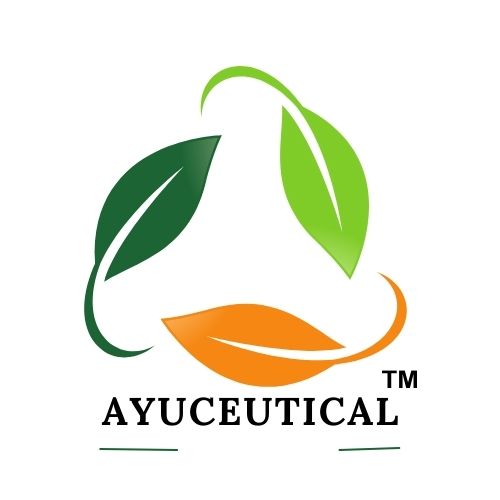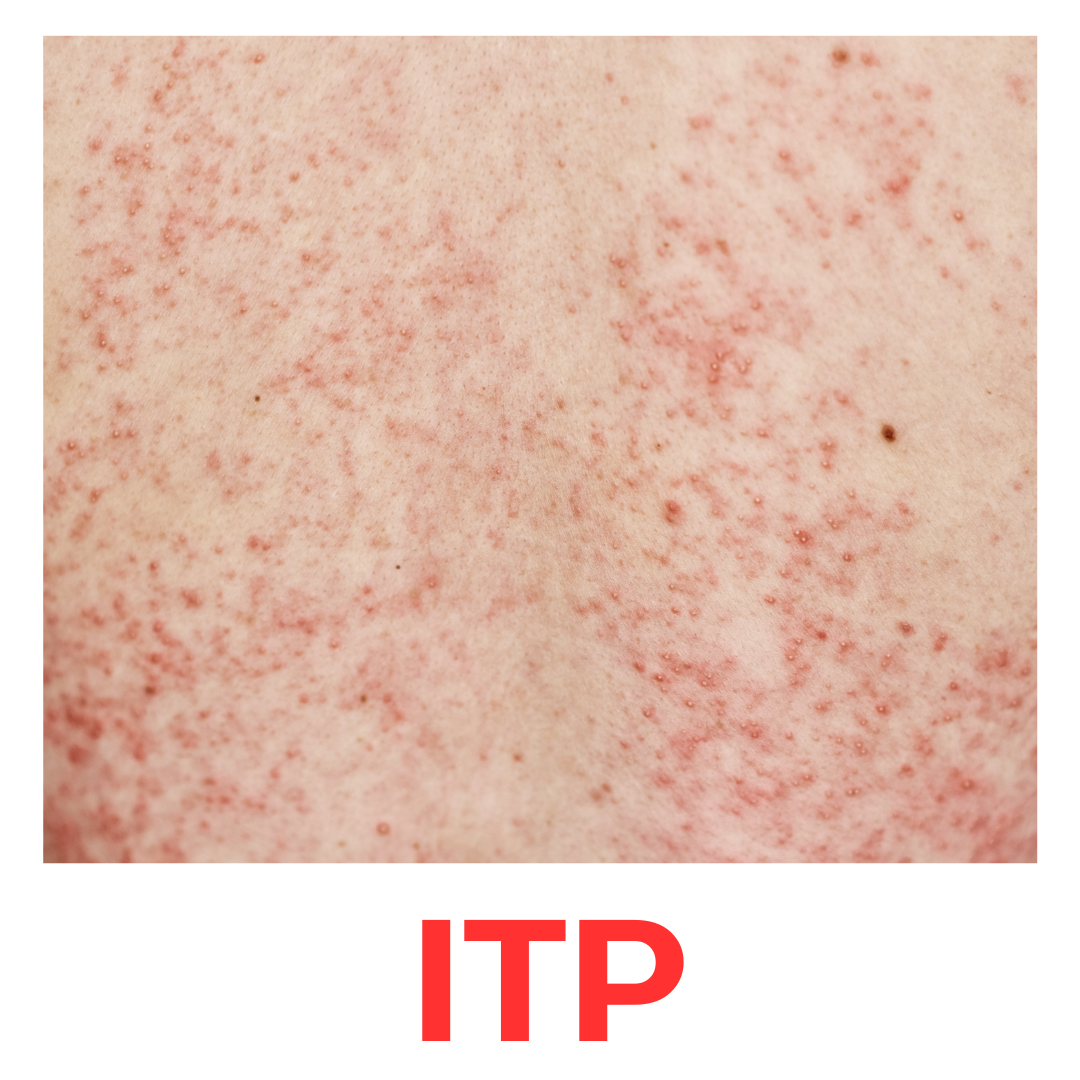Introduction to ITP
Idiopathic Thrombocytopenic Purpura (ITP) is an autoimmune disorder characterized by a low platelet count, leading to easy bruising, bleeding gums, and purpura (purple spots on the skin due to blood leakage from small vessels). In conventional medicine, treatments often include corticosteroids, immunoglobulins, and in some cases, splenectomy. However, Ayurveda offers a holistic approach to managing ITP by balancing the body’s systems, supporting immunity, and promoting natural healing.
Factors Aggravating Pitta
- Dietary factors: Excessive consumption of spicy, fried, and oily food.
- Lifestyle factors: Exposure to heat, stress, irregular sleep patterns, and lack of proper hydration.
- Environmental factors: Excessive heat exposure, or overworking without proper rest.
Ayurvedic treatments aim to pacify Pitta, remove toxins, and rejuvenate the blood-forming organs, especially the spleen and liver, which play a crucial role in platelet production.
Ayurvedic Treatment for ITP
Ayurvedic treatment follows a holistic approach that includes herbal remedies, lifestyle changes, and dietary adjustments to restore balance and boost immunity. The treatment can be categorized into three main strategies:
Detoxification (Shodhana) The primary aim of detoxification is to remove accumulated Ama (toxins) from the body and purify the blood.
- Virechana (therapeutic purgation) is commonly recommended to eliminate Pitta and cleanse the digestive tract. This helps in restoring the balance of the body and reducing inflammation.
- Raktamokshana (bloodletting therapy) can be employed to purify the blood and remove impurities that may be affecting platelet production.
Herbal Medicines (Aushadhi) Ayurvedic herbs are used to rejuvenate the blood system, enhance immunity, and improve platelet count. Some key herbs for treating ITP include:
- Giloy (Tinospora cordifolia): Giloy is known for its immunomodulatory and anti-inflammatory properties. It helps to purify the blood, enhance immunity, and balance Pitta.
- Amalaki (Phyllanthus emblica): Rich in Vitamin C and antioxidants, Amalaki helps to boost immunity and improve blood platelet count.
- Ashwagandha (Withania somnifera): Known for its adaptogenic properties, it helps the body cope with stress and supports immune function.
- Punarnava (Boerhavia diffusa): This herb is a rejuvenator and helps in cleansing the blood and improving liver function, which is crucial in ITP management.
- Yashtimadhu (Licorice): It is a natural anti-inflammatory and immune booster, helping in managing autoimmune conditions like ITP.
Rasayana Therapy (Rejuvenation) Rasayana herbs and therapies are used to rejuvenate the blood, liver, and spleen. These therapies aim to nourish the tissues, improve digestion, and increase the production of healthy blood cells.
- Chyawanprash: This traditional Ayurvedic formulation is a Rasayana that supports overall health and boosts immunity.
- Shatavari (Asparagus racemosus): Known for its nourishing properties, it helps to restore strength and enhance immunity.
- Brahmi (Bacopa monnieri): Brahmi acts as a brain tonic and stress reliever, supporting overall body balance.
Dietary and Lifestyle Modifications (Ahara and Vihara) Dietary changes are crucial in managing ITP as food influences the balance of doshas. Patients are advised to follow a Pitta-pacifying diet:
- Include cooling foods: Such as fresh fruits (pomegranate, apples, pears), green leafy vegetables, and cooling herbs like coriander and mint.
- Avoid spicy, oily, and sour foods: These aggravate Pitta and can worsen the condition.
- Stay hydrated: Drinking ample water and consuming cooling drinks like coconut water or herbal teas (chamomile, mint) can help balance Pitta.
- Avoid excessive heat: Exposure to heat, including hot showers or sunbathing, should be limited.
- Stress management: Practices such as Yoga, Pranayama, and meditation help in reducing stress, which is a contributing factor in autoimmune diseases.
Ayurvedic Home Remedies for ITP
- Papaya leaf juice: Fresh papaya leaf juice is believed to help increase platelet count.
- Aloe Vera juice: Known for its cooling and anti-inflammatory properties, Aloe Vera juice can help balance Pitta.
- Pomegranate juice: Rich in iron and antioxidants, pomegranate juice supports healthy blood production and boosts immunity.
Conclusion
Ayurveda offers a comprehensive approach to treating ITP by addressing the root cause of the imbalance in the body. Through detoxification, herbal remedies, rejuvenation therapies, and lifestyle changes, it works to balance the doshas, improve immunity, and increase platelet production. While Ayurvedic treatment can provide significant relief, it is essential to consult with an Ayurvedic physician to ensure the treatment plan is customized to an individual's constitution and condition. In cases of acute or severe ITP, Ayurvedic treatment can be used as a complementary therapy along with conventional medicine for better outcomes.
By following the Ayurvedic approach, patients with ITP can experience not only a restoration of their platelet count but also an overall improvement in their health and well-being.
SUCCESS STORIES :
https://himalayanheal.com/case-i-2/


